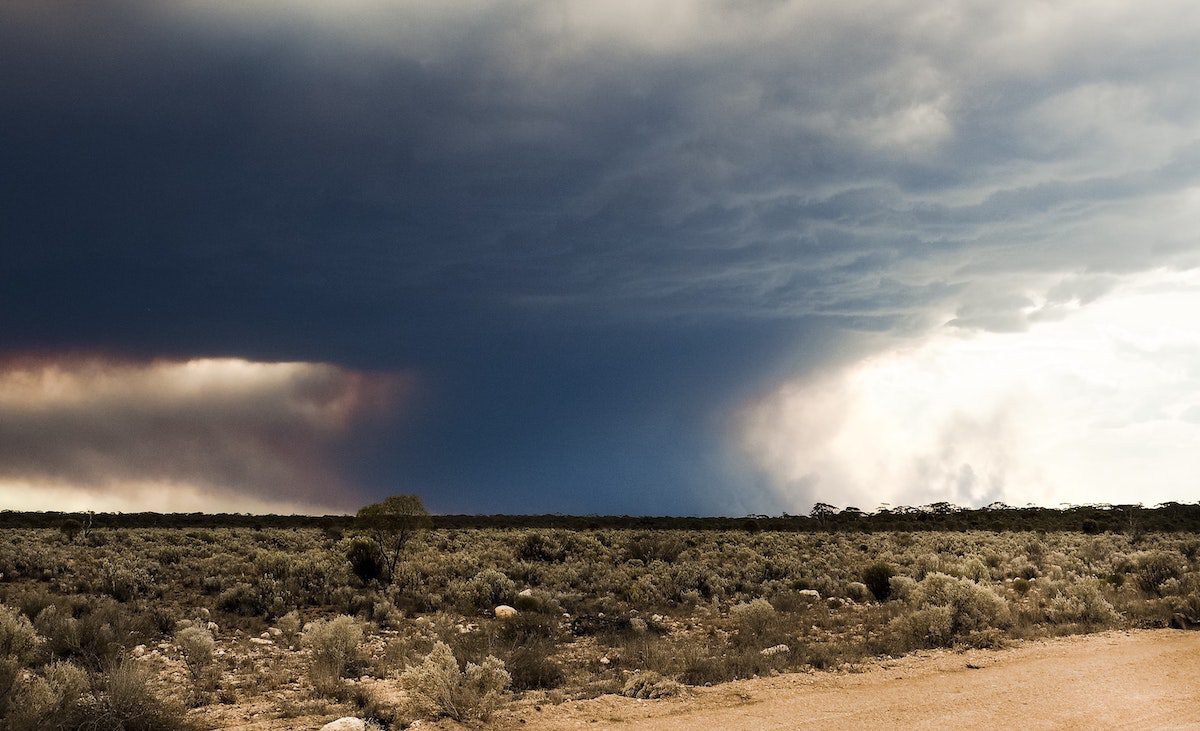Much has been written about the vexed issue of smoke taint of winegrapes during and since the 2020 harvest. However, I have not seen any discussion about how you might deal with this issue in your Grape Supply Agreements.
If you are a buyer of grapes, clearly you need to protect yourself against the valuable goods you are buying being defective. You must be able to reject grapes if they are tainted. Therefore, it is essential that your contract have a maturity, purity and condition standard to the effect that the grapes delivered to you are not tainted. Without such a standard, you may not be able to reject smoke tainted grapes.
The problems relate to measurement of taint and the time it takes to properly measure whether grapes are tainted by smoke. The science has not yet reached the stage where we can identify definitively whether grapes are smoke tainted, when they are assessed in the vineyard immediately pre-harvest or post-harvest at the weighbridge.
You can do some scientific tests for volatile phenols and non-volatile precursors, but those tests are not definitive. You still need to conduct micro-ferments and assess those ferments sensorially (that is, by smell and taste). As most readers would be aware, there is useful information about smoke taint testing on the AWRI website.
The upshot is that it is currently not possible to definitively test grapes for smoke taint, on the spot, at the weighbridge. This creates a dilemma because the winemaker does not know whether to reject the grapes, or whether they are entitled to reject the grapes legally, if they suspect, but cannot prove, that the grapes are tainted.
What the parties require in the contract is what we call a “latent defects” clause, so the winemaker can accept and crush the grapes. These clauses differ in their complexity, but what the winemaker needs, at the very least, is a clause that says that, if within, say, 30 days smoke taint is identified in the fruit, or resulting juice, must or wine, the winemaker will be compensated for their loss. Alternatively, the winemaker might have the right to sell the wine back to the grower, at the price that they paid for the grapes. If the winemaker has this safety net, they can accept the grapes without risk of loss if the fruit turns out to be tainted.
Some latent defects clauses then set out a process of testing, that the parties will undertake, to determine whether the grapes, juice, must or wine is tainted, which would often involve sending the product to the AWRI for testing or conducting tests themselves.
Smoke taint is only one of the effects of various disasters that winemakers and grapegrowers have had to deal with in the last 12 months. It has been an extremely challenging year, with severe drought, poor fruitset, frost, low yields, bushfires, a coronavirus and now a serious geopolitical issue all confronting wine sector players.
Finlaysons Wine (Off) Roadshow 28 will deal with how winemakers and grapegrowers can learn from the experiences of 2020.
The Roadshow will be delivered by way of webinars this year, on 16 and 17 September. The theme will be “Fortifying your Business”. Finlaysons’ workplace, insurance and commercial lawyers, and the CEO’s of Wine Australia and Australian Grape & Wine, will speak about “building resilience by learning from 2020”.
Click here to learn more about, or register for, Finlaysons Wine (Off) Roadshow 28, with a view to “fortifying your business”.
Will Taylor is a Partner of Finlaysons Lawyers in Adelaide.
